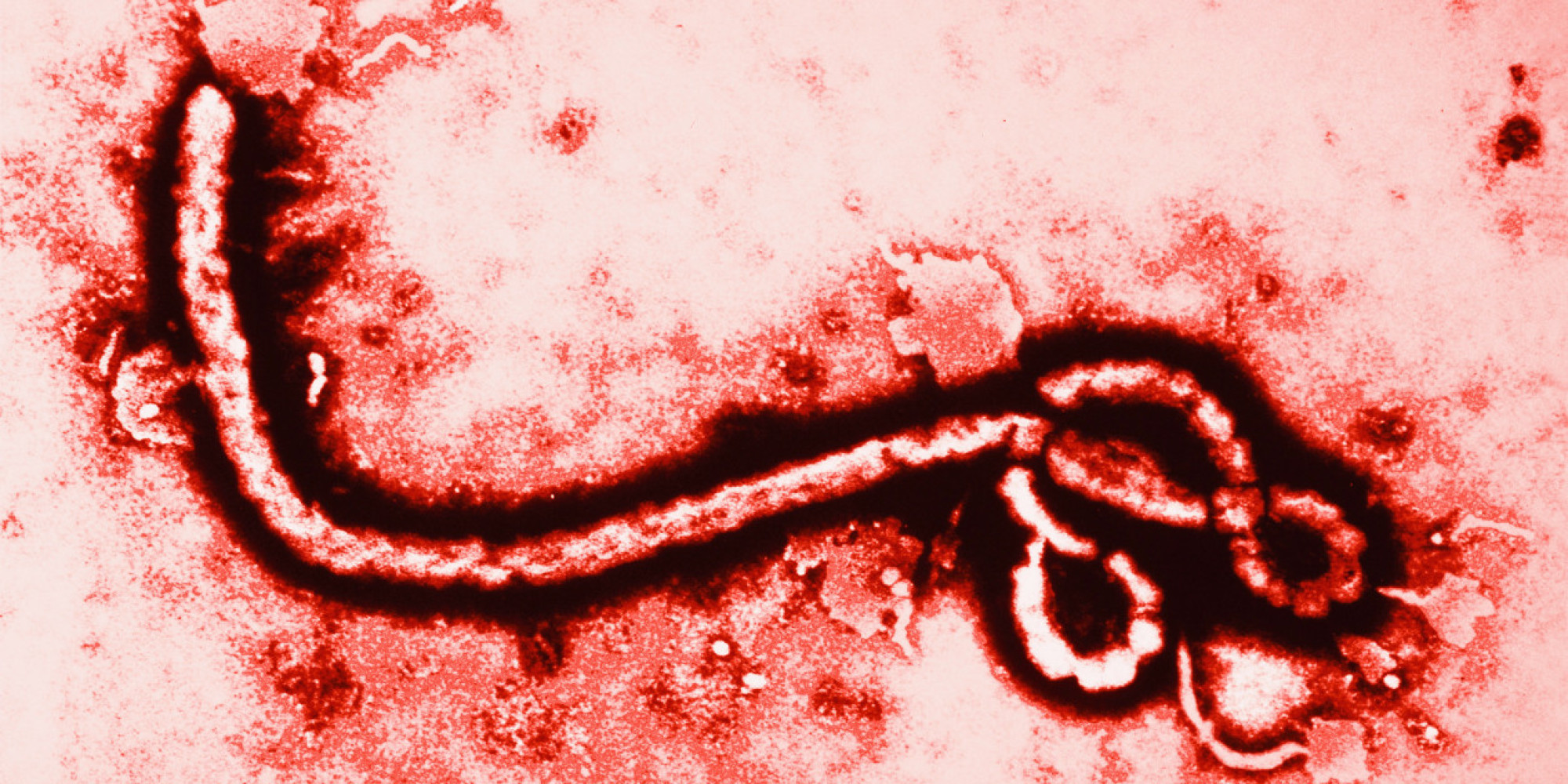
According to the Center for Disease Control and Prevention, there have been three confirmed cases of Ebola in the U.S. to date. Three is not many, and they may be far away from where you live, but it’s still a bit scary. What if it spreads? How many people did the carriers come in contact with? What if it comes here? We have all thought about these possible scenarios, but how big of a threat is Ebola really?
Due to the superior medical care in the U.S., compared to the African countries where Ebola became a pandemic, experts believe the virus is unlikely to spread far in the U.S. However, it’s still understandable to be fearful or anxious to some degree. Our brains are trying to tell us “Watch out, there’s a threat!” which may cause us to worry or ruminate about the possibility of a more widespread outbreak. However, when it comes down to it, we really don’t have control about whether or not the virus spreads. Sure we can take our own precautions, frequent hand washing or using hand sanitizer, eat healthy and drink lots of water, get plenty of sleep, use Universal Precautions, etc., but the chances of the virus coming in contact with you, are pretty slim.
It may help to remind yourself that you are safe now, and that the fear and anxiety will diminish in time. Try some relaxation techniques, like deep breathing, meditating, prayer, or whatever else helps you to relax. Think about other times when you have coped with worrisome situations, and try to use some of the coping strategies that have helped you in the past. It may also be helpful to do things you enjoy, to take your mind off your worries. Remember, we can’t always control what happens, but we can usually control how we react to it!
 About the Author: Jessica Barton earned her Bachelor of Science in psychology from Grand Valley State University, and went on to earn a Master’s in Social Work and a Master’s in Public Administration as well. She spent five years working for Hope Network at crisis residential facilities, in which she provided direct care to individuals experiencing acute mental health crisis. She completed her master’s Social Work internship at Crisis Care Network, before it merged into R3 Continuum. During her internship she helped to start what would become the Productivity Assurance Call Center (PACC) at R3’s Grand Rapids location. After completing her internship, she continued on to become the PACC Coordinator. As the Coordinator she delivers a range of telephonic services to employees following disruptive events in the workplace, and continues to help develop PACC as it grows and seeks to better meet customer needs.
About the Author: Jessica Barton earned her Bachelor of Science in psychology from Grand Valley State University, and went on to earn a Master’s in Social Work and a Master’s in Public Administration as well. She spent five years working for Hope Network at crisis residential facilities, in which she provided direct care to individuals experiencing acute mental health crisis. She completed her master’s Social Work internship at Crisis Care Network, before it merged into R3 Continuum. During her internship she helped to start what would become the Productivity Assurance Call Center (PACC) at R3’s Grand Rapids location. After completing her internship, she continued on to become the PACC Coordinator. As the Coordinator she delivers a range of telephonic services to employees following disruptive events in the workplace, and continues to help develop PACC as it grows and seeks to better meet customer needs.


